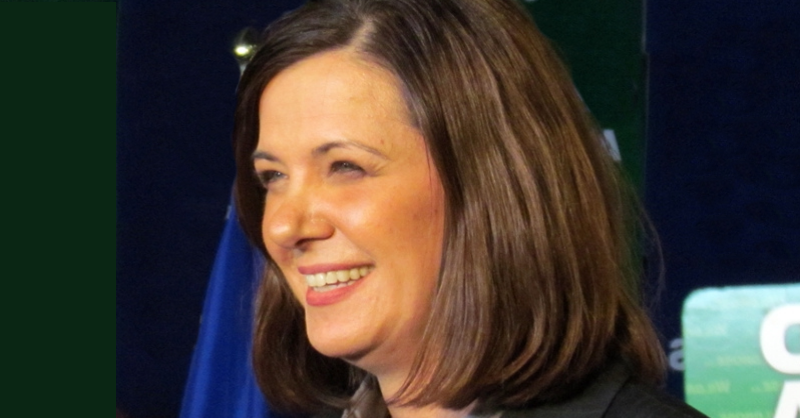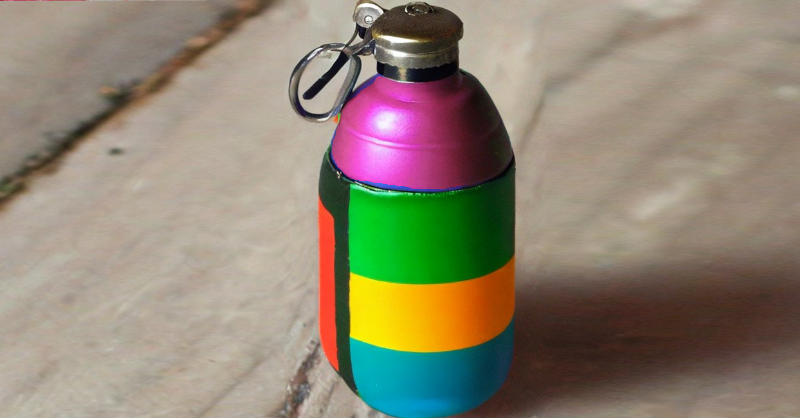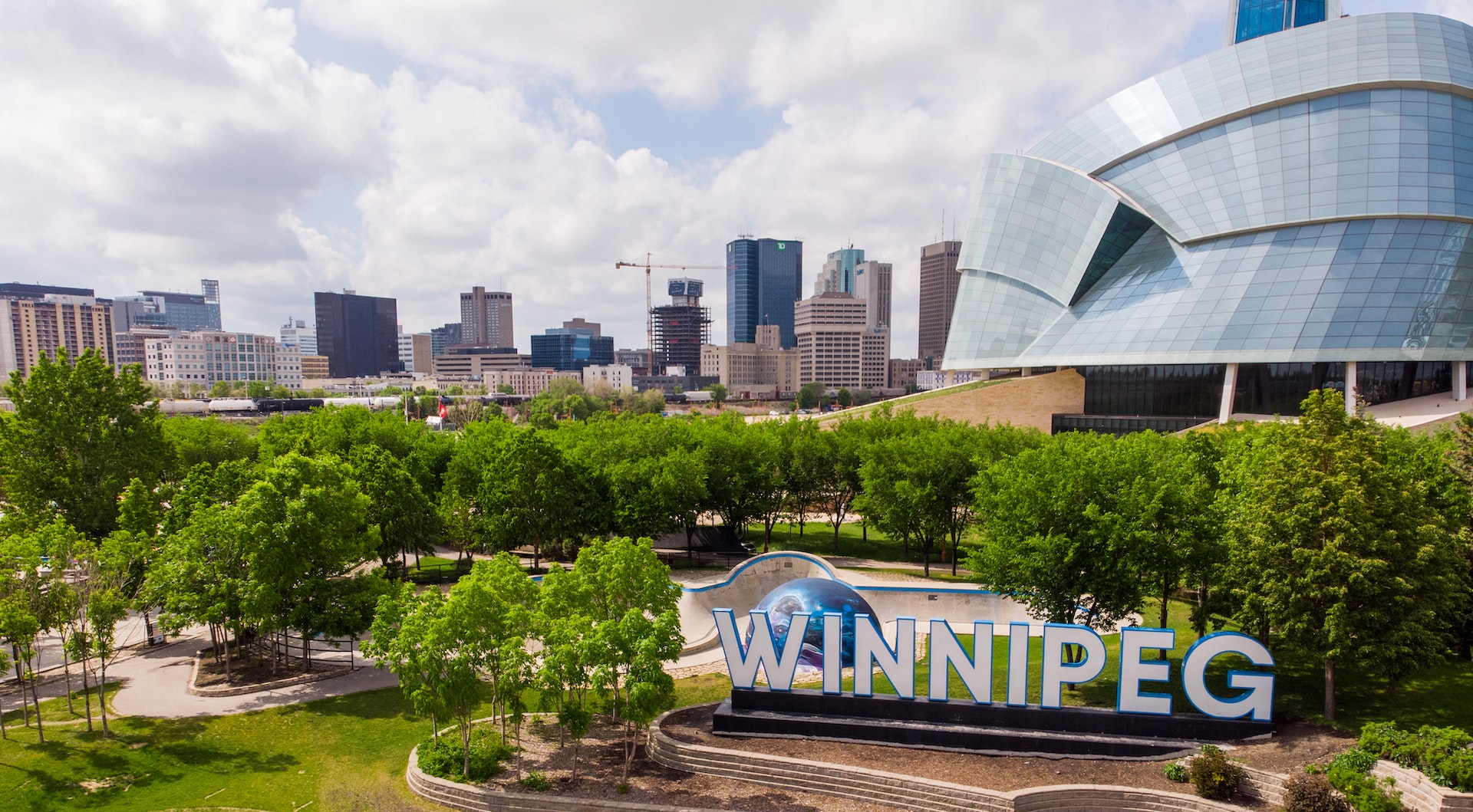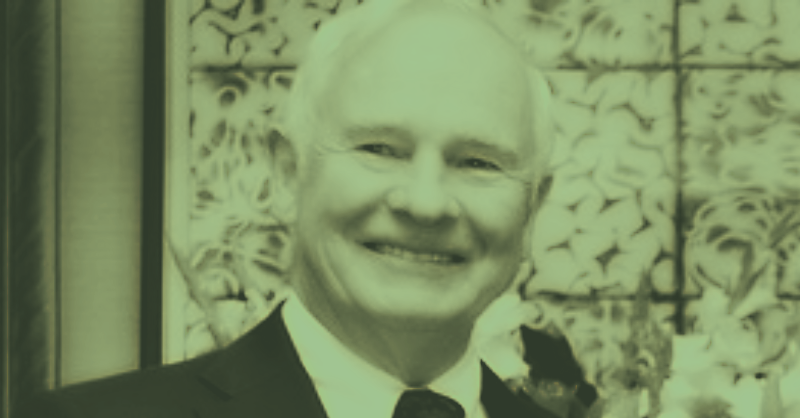
DEVON KASH
A Promising Free-Market Alternative to UBI
Concerns about people having their incomes cut off for wrong-think under a UBI are legitimate.


DEVON KASH
Concerns about people having their incomes cut off for wrong-think under a UBI are legitimate.

GRANT JOHNSON
She beat all the odds and won against the NDP's smears, but will she use her four years wisely?

NICK EDWARD
Weaponized Pride has created a more hostile environment for the LGBTQ movement.

ALLAN RAY
A hypothetical discussion is being had among some fringe activists and academics about erasing the word.

RYAN TYLER
Since 1977, conservatives have been outnumbered in Manitoba. They need to make a big decision.

ALLAN RAY
The former governor general has proved himself a Liberal crony.

RYAN TYLER
They don't deserve our forgiveness.

DEVON KASH
Carla Beck hasn't managed to stir up confidence or enthusiasm among the party's core base.

GRANT JOHNSON
Fewer people amount to fewer problems. A smaller population might be exactly what we need.

ALLAN RAY
Billions have been wasted on corporate interests while our trust in science has been broken.

STEVE PARKER
The comedian seems unable to comprehend why whites would be dissatisfied with a white government.

RYAN TYLER
As biological men invade women's spaces and erase what it means to be a woman, men do nothing.

ALLAN RAY
The NDP's disastrous policies need to be undone, but only one party offers a path to victory.

GRANT JOHNSON
Conservative think they have the next election in the bag. but they don't realize the odds are stacked against them.

RYAN TYLER
The plan has been in place for decades and it's finally starting to work, but not in the ways you might think.

DEVON KASH
The company has done much worse than reject basic biology and science.

RYAN TYLER
After ten years of Stephen Harper, Canada is more insane and progressive than ever before.